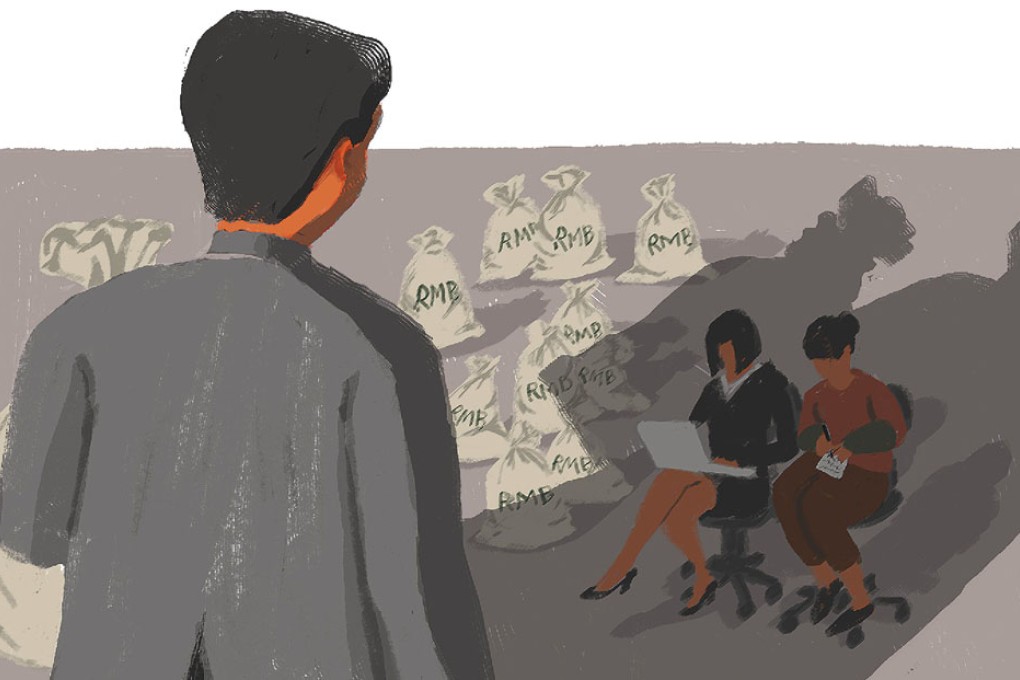Lending in the shadows
In spite of the stigma, the risky business helps serve the community by providing loans to those in need on flexible terms that real banks can't

Twice a year I travel to Jingmen in central China to visit my parents and siblings. Last week, I was there on a new mission: to review the work of my sisters as shadow bankers.
Shadow banking is lending activities outside regular banks. Despite what some would say, it is a reputable business on the mainland. It fills a legitimate need. Despite some lingering stigma, the industry is not one I am ashamed to be in.
Despite what some would say, shadow banking is a reputable business on the mainland
Right after I became chairman of Wansui Micro Credit in Guangzhou in mid-2011, I had tried to talk my two sisters into the same trade. Owing to a lack of experience, they refused. Six months ago, I finally figured out a way for them to actively engage in shadow banking without it affecting their current work.
My elder sister, Yuqing, sells red bean cakes and other snacks in Maliang, a small town along Han River. She makes about 3,000 yuan (HK$3,800) a month with the assistance of her husband, a farmer who ploughs land for neighbours with a tractor in spring and autumn. They manage to make ends meet but have saved very little for their retirement. As they have never had formal employment, they will have no social security to fall back on during their retirement.
Yuqing's education was very limited as she only attended primary school during the Cultural Revolution. But she knows all of Maliang's 2,000 residents and is able to judge the credibility of its street vendors and store owners.
To play it safe, I gave her 200,000 yuan to try her hand at lending six months ago. In one week, she lent out all the money to four store owners. Encouraged and pleased, she borrowed 80,000 yuan from her son, a migrant worker in Xiangtan, to increase her firepower. The new funds went to a fertiliser distributor, while her four earlier customers were in catering, and sold solar heaters and electrical goods.
